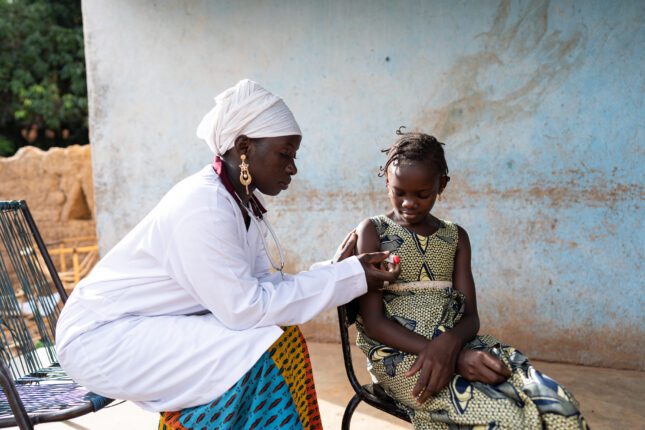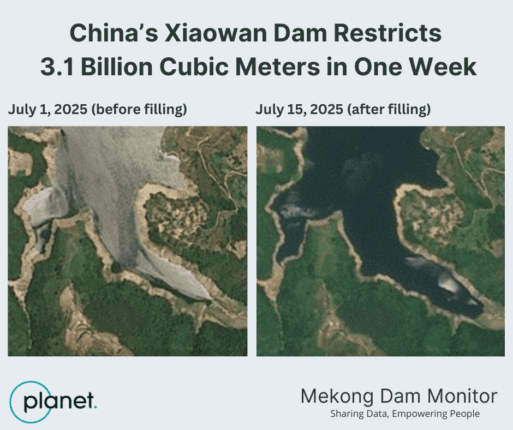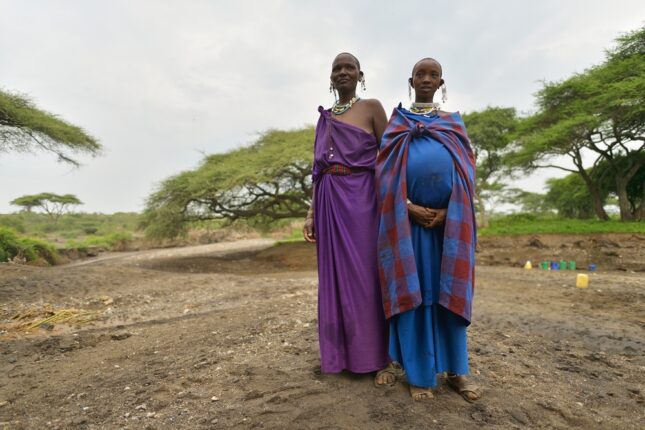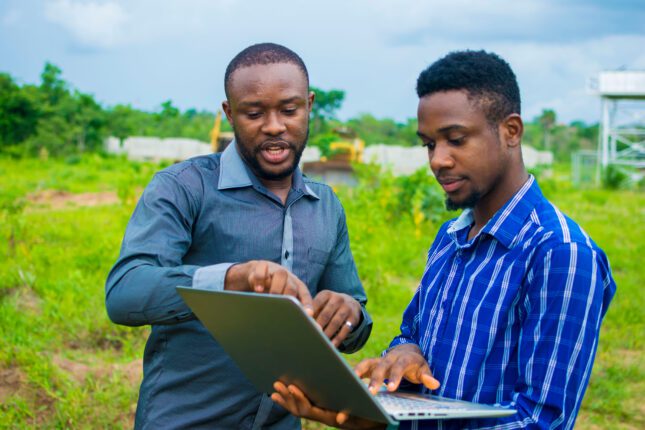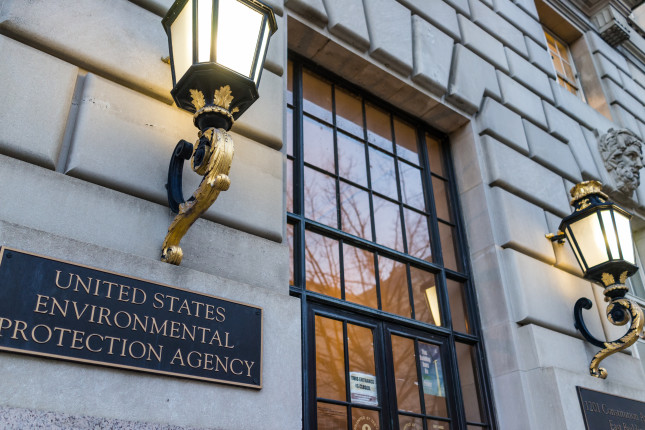-
America’s AI Gamble: How Big Tech is Trading Climate for Hype
›A majority of Americans now say they are more concerned than excited about encountering AI in their daily lives. The implications of this sentiment are beginning to dawn on Wall Street investors, who are starting to worry about a potential mismatch between investor enthusiasm and consumer reality.
-
Environmental Security Weekly Watch: November 17-21, 2025
›November 21, 2025 // By Madelyn MacMurrayA window into what we’re reading at the Stimson Center’s Environmental Security Program
As COP30 Concludes, Experts Call for Reform (Reuters)
Interviews with experts attending COP30 highlight a growing movement for reform to the UN climate negotiations. In particular, there is alignment on a key critique of the current COP structure which calls for a full consensus of nearly 200 countries to make decisions. Since this requirement historically has allowed more ambitious efforts to be blocked during negotiations, suggestions for reform have included the following: a shift to a majority-vote model, holding COP every other year, convening smaller action-focused gatherings, and downsizing COP to exclude big business contingents.
-
Addressing Africans’ Top Concerns Means Advancing Women’s Rights
›October 29, 2025 // By Claire DoyleFrom Kenya to Morocco to Madagascar, waves of protest have erupted across Africa. Africans—and especially young Africans—have grown increasingly frustrated with a lack of economic opportunities.
So, it is no surprise that when Afrobarometer, a pan-African, non-partisan survey research organization, asked people across 39 African countries which issues they think their governments should prioritize, people ranked unemployment as the top policy priority.
-
Hallucinating Climate Security: A Cautionary Tale about Generative AI
›August 6, 2025 // By Tobias Ide
Recent studies indicate that over 90% of all students – and an increasing number of policy makers – are using generative artificial intelligence (GenAI) to process large amounts of data and rapidly collect dispersed information in 2025. In a burgeoning field of knowledge such as climate security, having tools to process and analyze large amounts of information might prove particularly helpful. Some studies on climate security research detect over 1,000 (and counting) academic articles, in addition to an even larger grey literature.
-
The Mekong Dam Monitor Tracks a River Under Pressure
›
The Mekong River’s seasonal floods nurture the world’s most productive inland fishery and irrigate rice paddies that feed millions. Approximately 70 million people live in the lower Mekong Basin, and 75% of them depend on fishing and farming for their livelihoods. But hydropower expansion and other development projects are fragmenting the river and disrupting its natural rhythms, with severe consequences for those living downstream.
-
Afro-Descendant Women and Girls Deserve Culturally Relevant Healthcare and Better Data
›
A recent study from the United Nations Population Fund (UNFPA) and its partners found that women and girls of African descent living in the Americas are up to three times more likely to die from preventable maternal death causes. So it is no surprise that UNFPA’s Executive Director of Programs, Diene Keita, is calling attention to this challenge.
-
International Donors and AID Beneficiaries Face Elevated Cybersecurity Threats
›
The promise of global connectivity to enhance developing countries’ well-being is a reality as more citizens go online and international donors and their partners improve their digital service delivery. This surge can spur economic growth, advance freedom, boost transparency, increase accountability, strengthen civil society, and empower women.
-
Delaying the Inevitable? The Uncertain Future of the EPA’s Online Archive
›
In February 2022, the Environmental Protection Agency (EPA) announced its plans to shutter its online archive—a key resource on the work of the agency that is relied upon by researchers, legislators, policymakers, and citizens for work on everything “from historical research to democratic oversight.” Pulling the plug would instantly have made public access to a vast array of fact sheets, environmental reports, policy changes, and regulatory actions significantly more difficult.
Showing posts from category data.




